Imagine your carefully curated dance routine suddenly going silent. That’s the potential future for millions of TikTok users thanks to a recent split between the social media giant and Universal Music Group (UMG), one of the world’s biggest music companies. This decision potentially throws a spanner in the works for many African artists who have found global recognition thanks to the platform.
UMG claims the reason for the parting ways is compensation. In an open letter, they accuse TikTok of offering artists and songwriters a “fraction of the rate” compared to other major platforms. TikTok fired back, calling UMG’s claims “greedy” and prioritizing their own interests over artists. This clash has resulted in the removal of UMG’s music from the platform.
The potential consequences for UMG’s African artists remain uncertain, with artists like South African rapper Nasty C, Nigerian musician Mr Eazi, and Senegalese legend Youssou N’Dour possibly facing the removal of their music from TikTok. These artists, along with many others, have leveraged the platform to reach new audiences and significantly advance their careers.
The case of Nigerian artist CKay exemplifies this impact on artists. CKay’s single “Love Nwantiti” achieved viral success on TikTok, not only garnering massive views but also achieving global recognition and record-breaking achievements. Notably, CKay became the first African artist to reach 20 million monthly listeners on Spotify, partially attributed to the exposure gained on TikTok. Similarly, Rema’s “Calm Down” likely owes a substantial portion of its global success to the platform’s reach.
While established artists are a primary concern, the potential loss of access to the platform could significantly impact the discovery and development of future African music stars. Somali singer Nimco Happy’s “Isii Nafta (Love You More Than My Life)” serves as a prime example. The song captured global attention after trending on TikTok for weeks.
However, the situation is not without its complexities. While UMG emphasizes concerns regarding fair artist compensation, their statement also mentions concerns about “protecting human artists from the harmful effects of AI” and “online safety for users.” These are complex issues that deserve deeper discussion within the ever-evolving digital landscape.
With a user base of 1.5 billion and 60% of videos incorporating music, TikTok has become a significant platform for both artists and content creators. It will be interesting to see how this dispute unfolds and its long-term impact on the music industry, particularly for African artists who have leveraged TikTok for global recognition. We’ll keep you updated on any new developments.

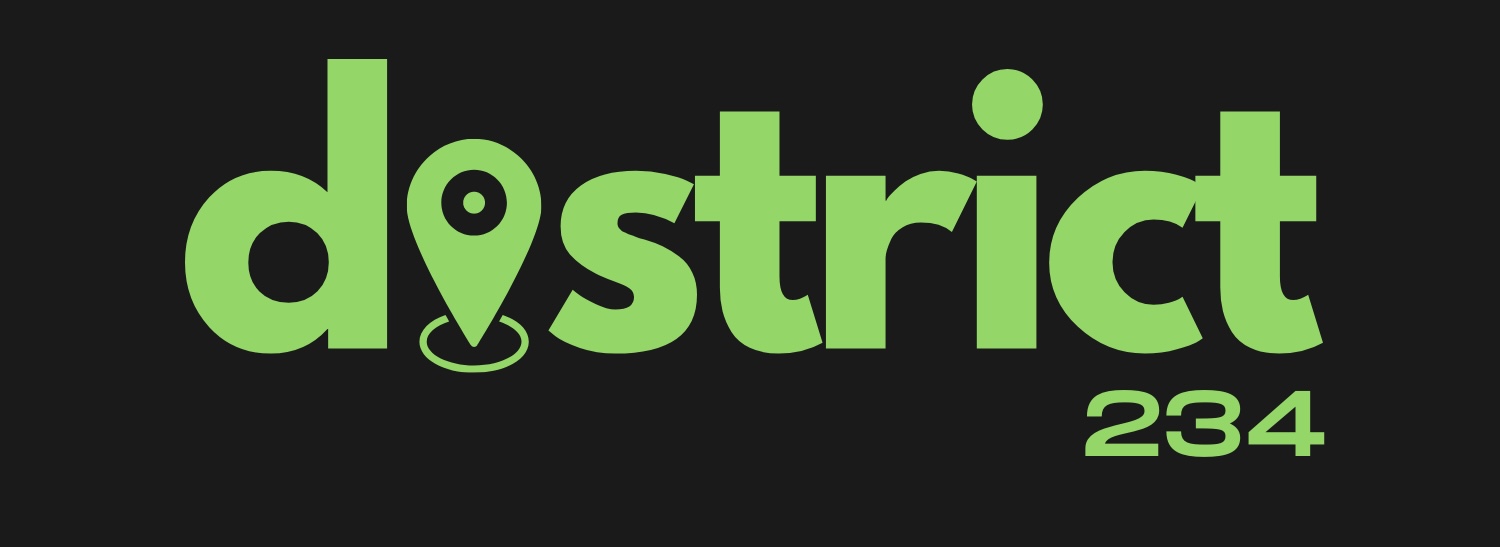
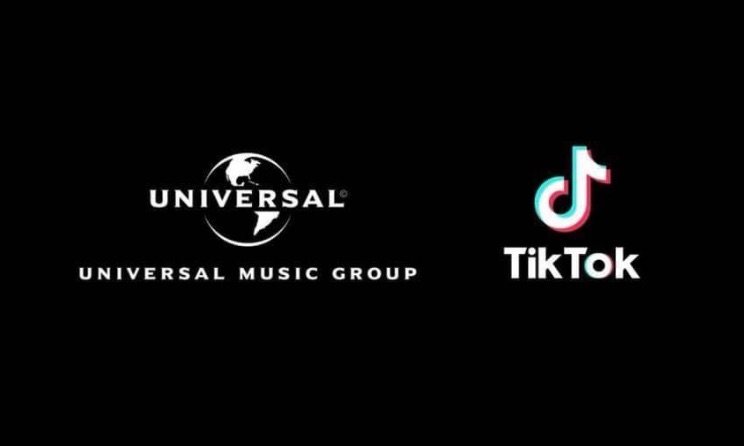

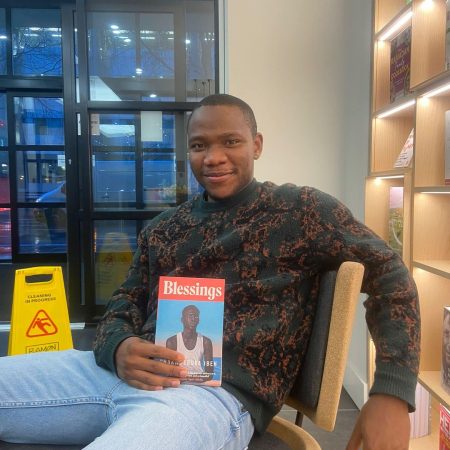



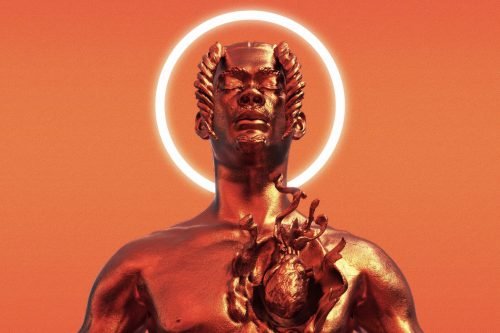

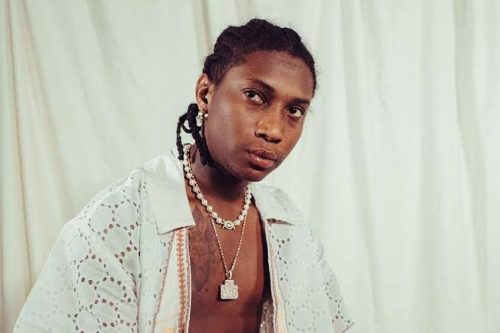
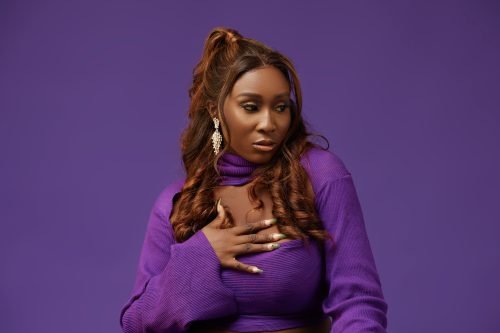
Leave a Reply